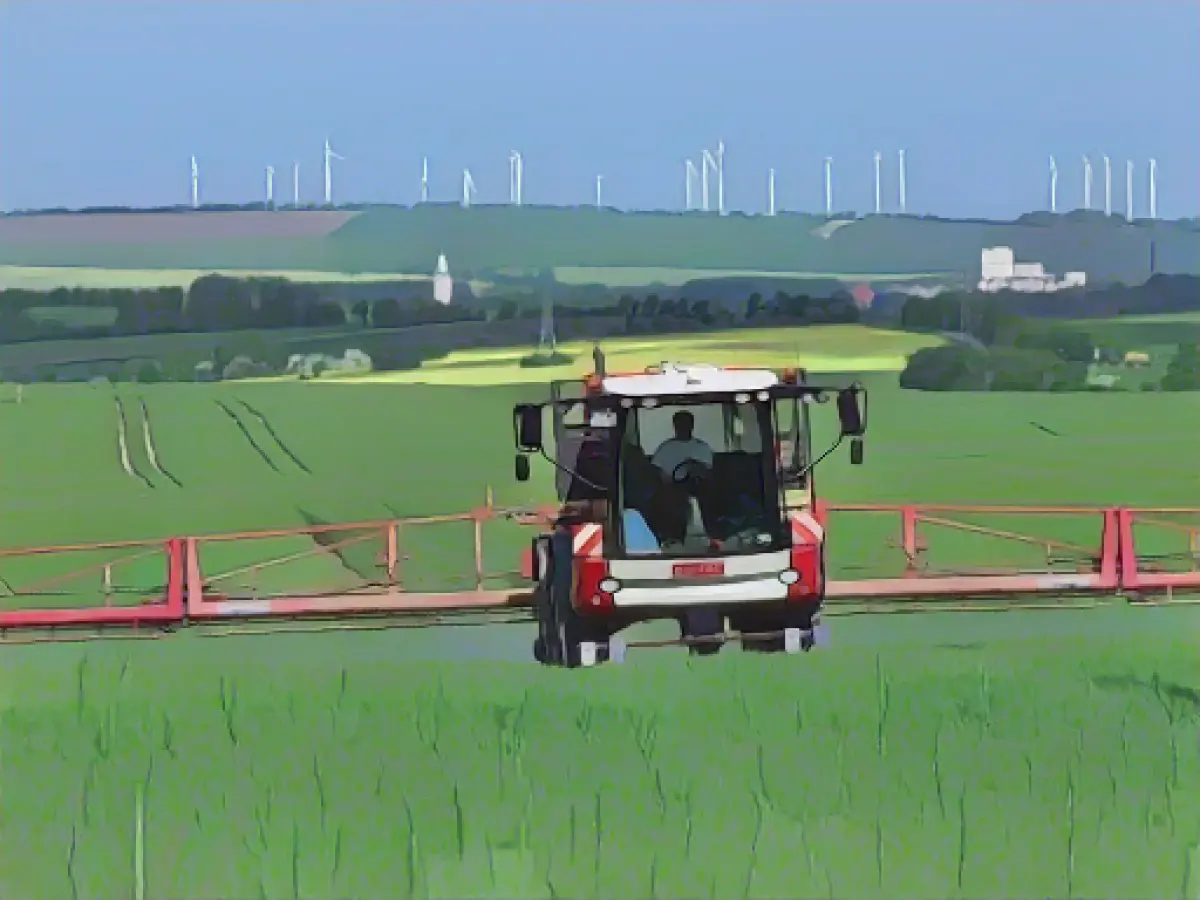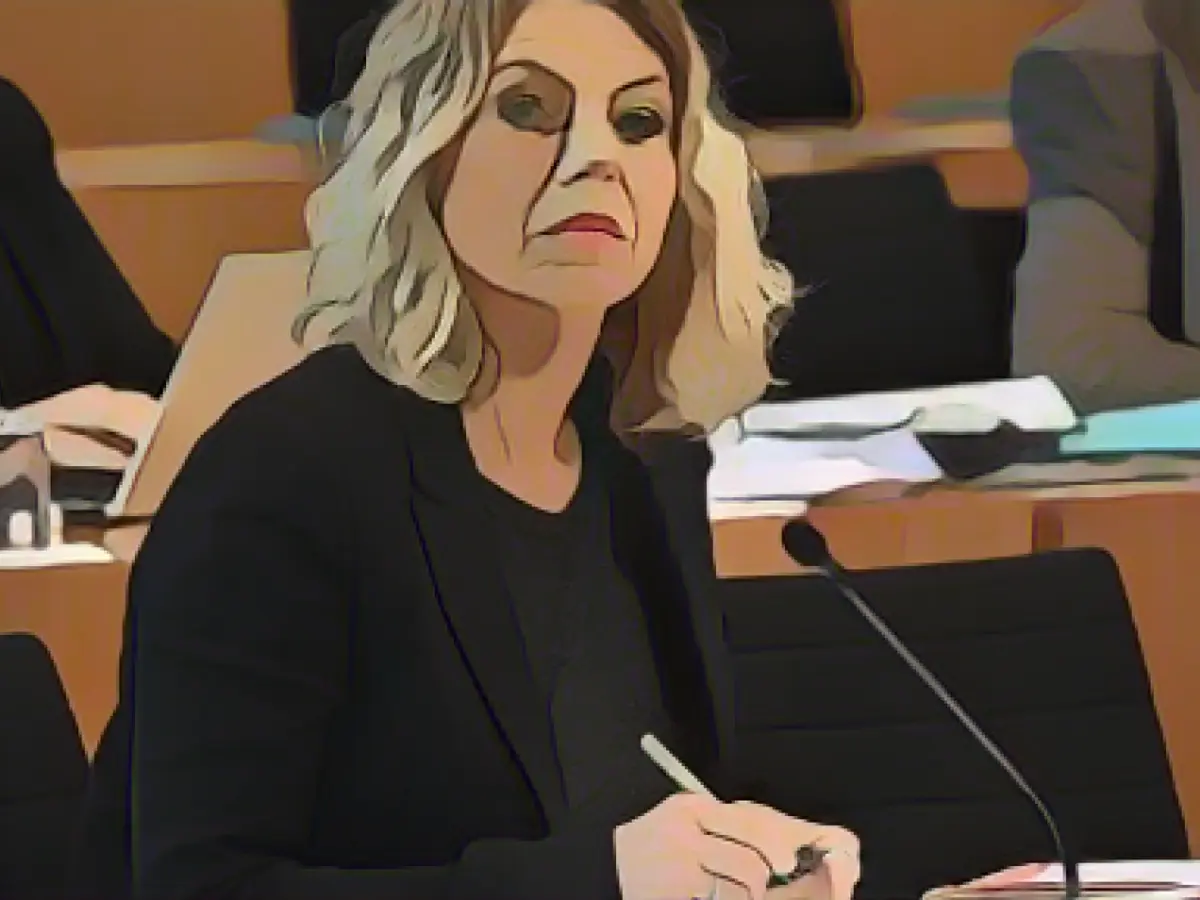Pesticide Reduction: Staudte's Disappointment Grows
German Agriculture Minister Miriam Staudte expressed her dismay following the EU Parliament's vote, failing to reach a majority for the proposed reduction in pesticide use by the EU Commission. The vote, held in Strasbourg on Wednesday, marked a setback in the bid to protect the environment and farms alike.
According to Staudte, Lower Saxony had already agreed on reducing pesticide use as part of the Lower Saxony Way, a collaborative initiative between politicians, farmers, and environmentalists, designed to bolster biodiversity. However, despite the overwhelming need for defined reduction targets for plant protection products, the EU proposal fell flat.
"Unfortunately, the compromise to initiate the trilogue negotiations between the Commission, Council, and Parliament could not be reached," Staudte commented. This delay in negotiations could result in prolonged waits before an EU regulation might eventually be adopted. Faced with this situation, Lower Saxony plans to drive pesticide reduction efforts at a state level, utilizing chemical knowledge in agriculture to achieve set environmental goals.
Landvolk Niedersachsen, the local farmers' association, regarding the negative decision as 'logical,' cited existing plant protection policies that encourage sparing use of chemical pesticides and farmers' continuous efforts to minimize their pesticide usage.
Despite Staudte's advocacy for lowering pesticide use, citing environmental concerns, the pesticide reduction draft by the EU Commission was rejected by the European Parliament. This setback highlights the need for Lower Saxony to progress with its state-level plans and work on reducing pesticide usage, aligning with EU regulations and safeguarding the environment.
Sources:
Additional Insights:
The EU Parliament's failure to ratify the pesticide reduction proposal was due to opposition against the draft text for the Sustainable Use of Pesticides Regulation (SUR). This impediment prevented the draft's approval by the Parliament, as reported by HEAL's initiative to phase out harmful pesticides.
The EU Commission's proposed reduction targets included a 50% decrease in pesticide use and hazardous pesticides use as part of their Farm to Fork Strategy. The strategy's purpose is to lessen the environmental and health consequences of pesticide application.
Germany is grappling with substantial agricultural pollution challenges, such as chemical and nutrient pollution affecting its water bodies. Despite some progress in monitoring and reporting, more measures are necessary to curb these pressures.
Lower Saxony, like rest of Germany, would require alignment with EU regulations and the development of its own strategies to reduce pesticide use and foster agricultural sustainability. This might entail adopting organic pest management techniques and improving soil health, as recommended by the EU's agricultural roadmap.







